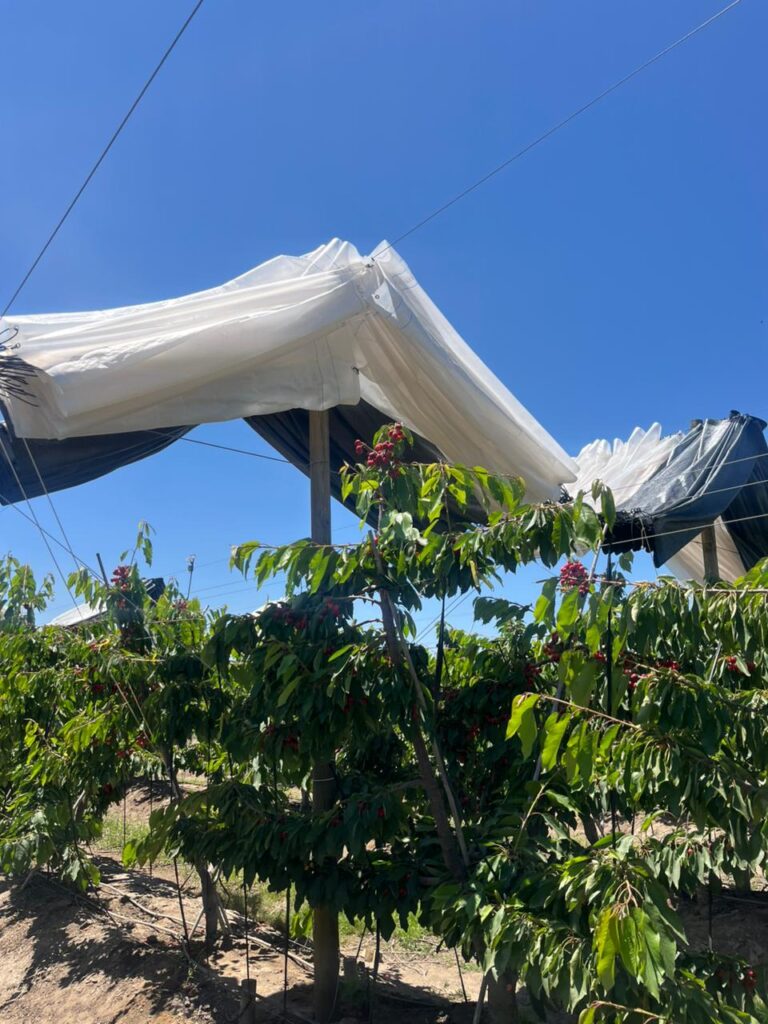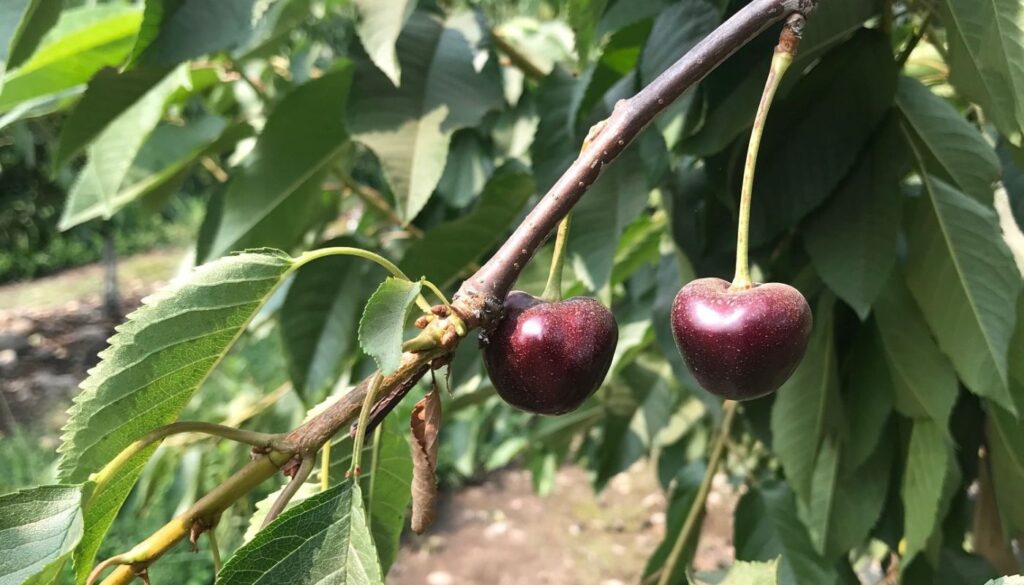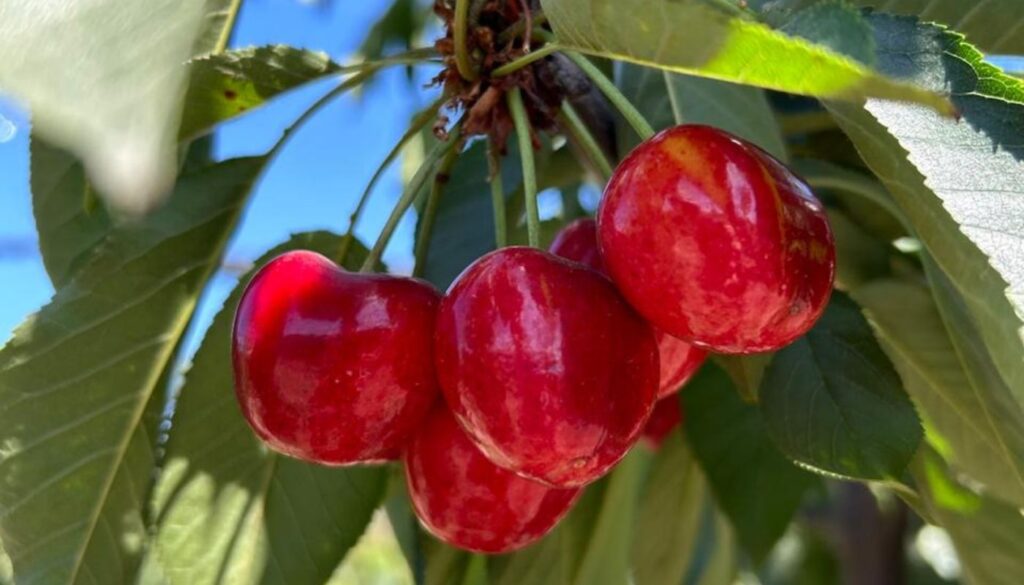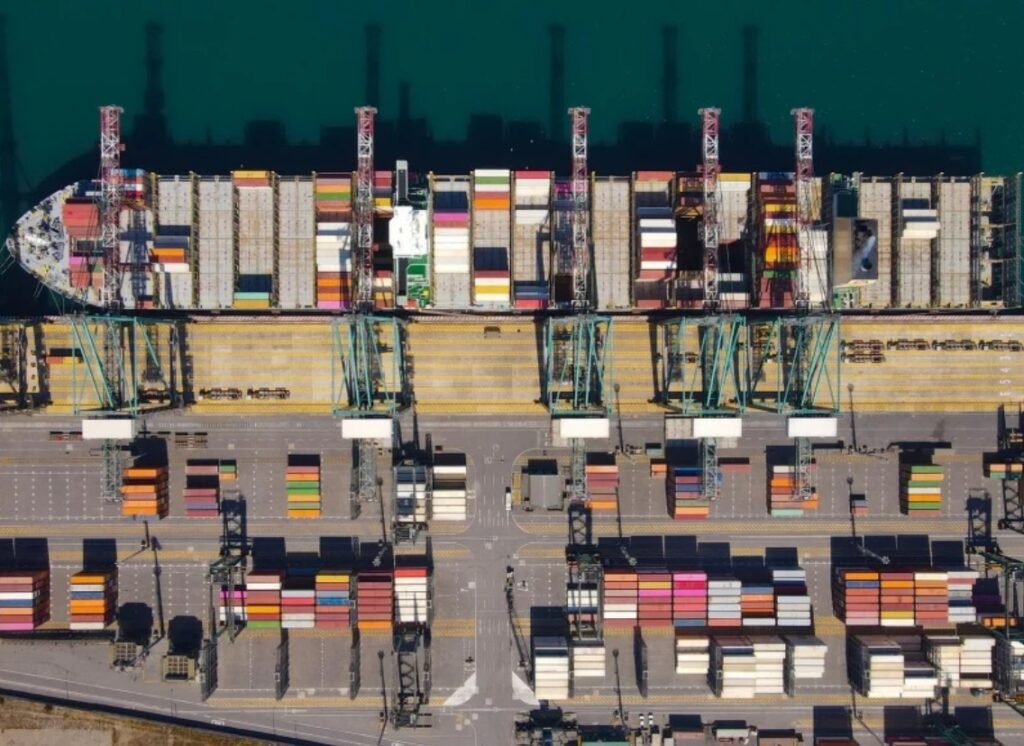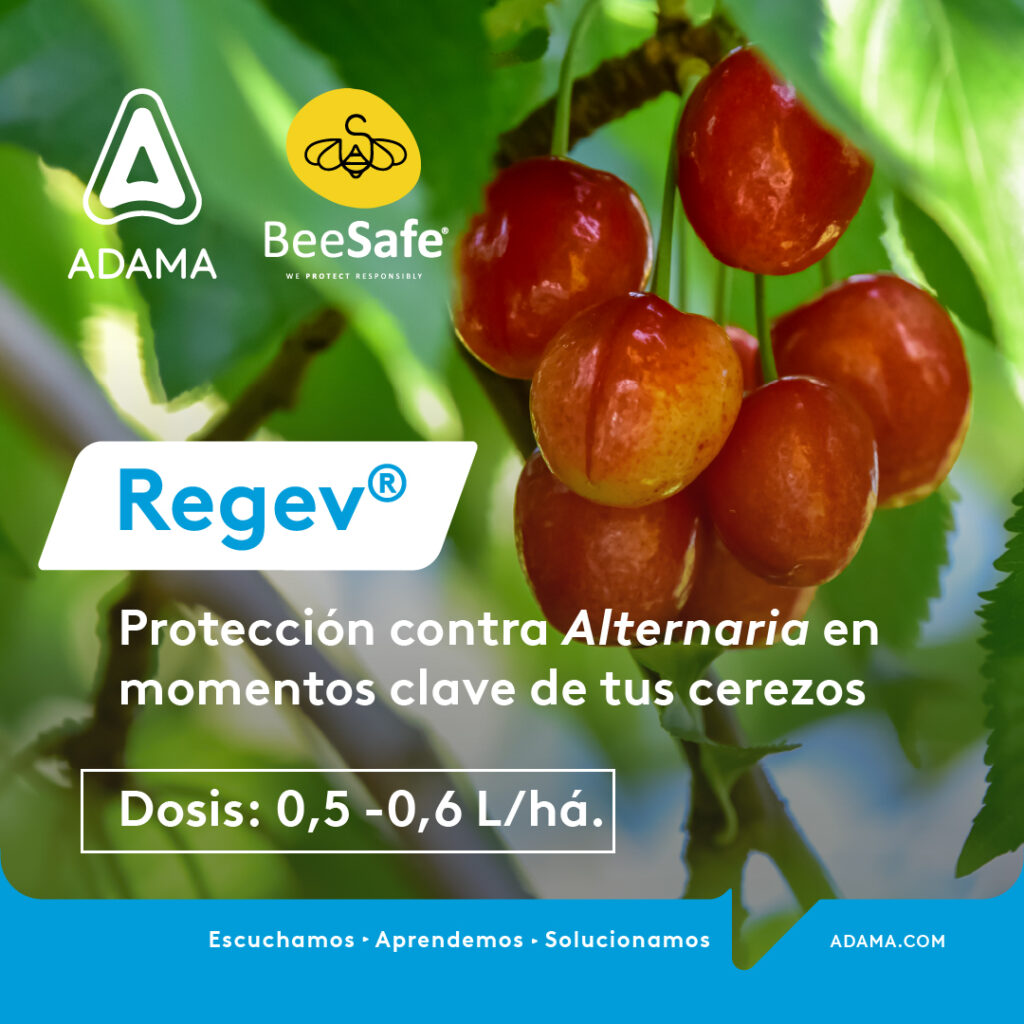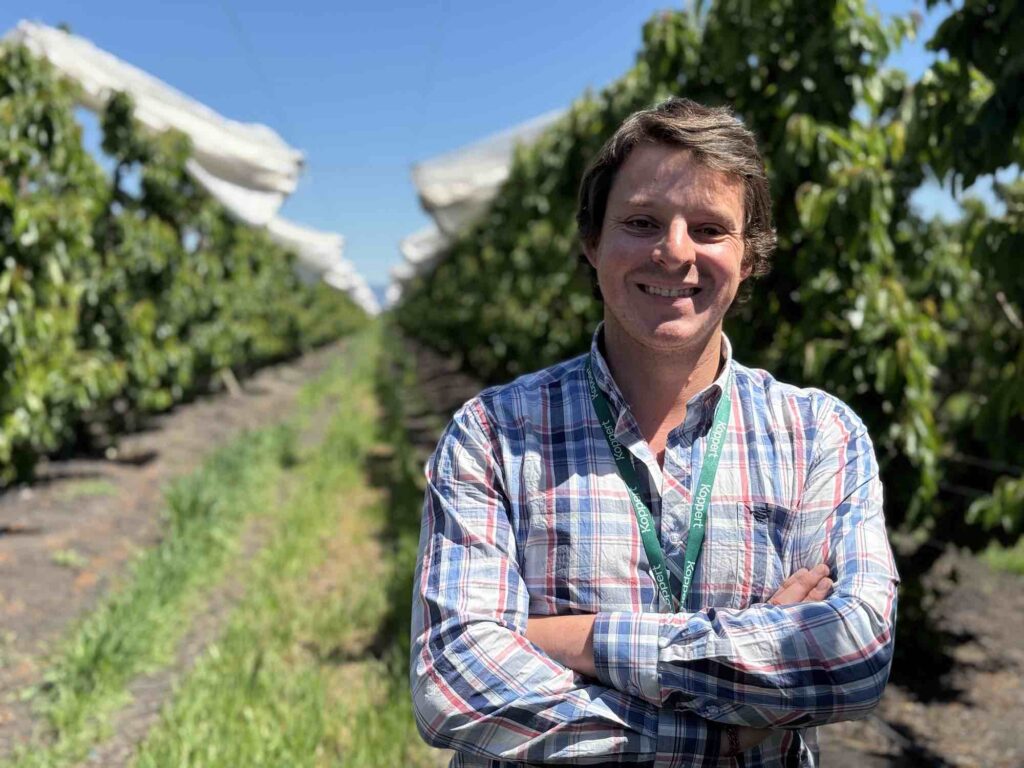Nearly 4 billion people, two-thirds of the world's population, suffer from extreme water shortages for at least one month a year due to the climate crisis.
Climate change is one of the greatest challenges facing the planet; one of its main manifestations has been the water shortage that has affected a large part of the country in Chile for more than 13 years. In fact, 2021 was the fourth driest year in the last five decades, only surpassed by the droughts of 1968, 1998 and 2019.
Although the effects of the drought have not yet led to rationing of water for human consumption, agriculture has been hit by this crisis. In fact, Chile is currently ranked 18th out of 164 countries with water stress worldwide.
What to do then? How to deal with a problem caused by human activity, which is the same one that is responsible for taking steps to control this water shortage? Examples such as Israel show the way forward; in this country, the demand for water by its population generated a water emergency, reaching a level in 2015 that exceeded the natural supply and replenishment of the resource. If human consumption was in crisis, using water to grow crops seemed irrational, however technological innovation and infrastructure prevented the country from drying up.
Drip irrigation and its improvement over the years, fertigation systems, computer and satellite monitoring and, of course, the development of agricultural varieties that consume less water, were the key to success.
Israel is now a world leader in this area and is constantly holding seminars and talks that can serve as an example for other countries. The event “Israeli Agtech Solutions for Agro-Industrial Companies” will be held in Tel Aviv from September 18 to 21, prepared for Latin America, and will be attended by delegations from Peru, Mexico, Colombia, Argentina, Brazil and Chile.
The technology is already in Chile
Season after season, the spectre of drought haunts the agricultural industry, but many producers have already taken up the challenge of transforming agriculture through irrigation. Rivulis, a world leader in this area with more than 50 years of experience in developing, manufacturing and launching drip irrigation products and solutions, has a lot to offer.
With a strong global presence, including 16 manufacturing plants, three research and development centers, one in Israel, others in Greece and California, and multiple design centers, the company works to transform agricultural irrigation through the mass adoption of modern irrigation solutions and digital agriculture based on accessibility, innovation and sustainability.
«Technology and innovation are undoubtedly the way to reverse the water crisis affecting the planet and, in particular, Chile for more than a decade; the example of Israel is the most tangible and clear example we have. At Rivulis we work every day to create irrigation solutions that adapt to current needs, where reducing water consumption is essential. Manna Irrigation Intelligence, for example, merges data science with agronomy and allows farmers to deliver the precise amount of water at the right time, reducing the use of this element and increasing its efficiency by more than 20 percent. This is the path that agriculture must take in order to be able to grow crops efficiently, but sustainably.» detailed Arkin Demir, General Manager, South and Central America Business Unit, Rivulis.
The industry's need to learn more about these solutions that could reverse the water crisis has promoted a series of events on the subject, one of them being the 7th Redagrícola Conferences that will take place on August 24 and 25 at the Sun Monticello Conference Center in San Francisco de Mostazal; the event includes keynote lectures, round tables, bilateral meetings and workshops. In this context, José Mardones, Strategic Business Manager at Rivulis, will offer an interesting presentation entitled "Rivulis and the new agriculture: a look at the new tools available in our portfolio."
World experience is undoubtedly the key to addressing the water crisis. Israel was a pioneer and gave priority to this problem, thereby managing to reverse water scarcity after seven decades of relentless work and being today a source of hope for the rest of the countries affected by climate change and drought.



